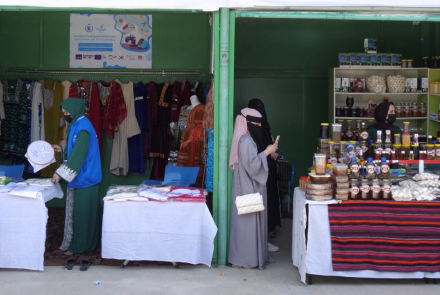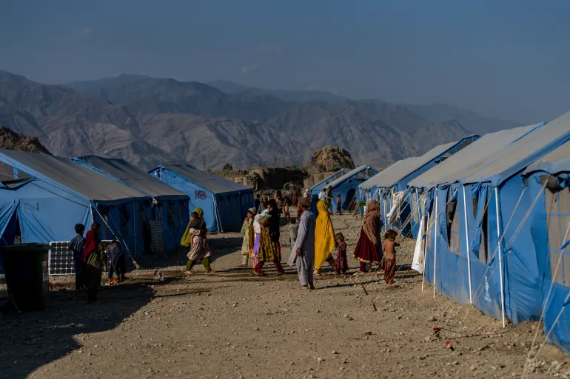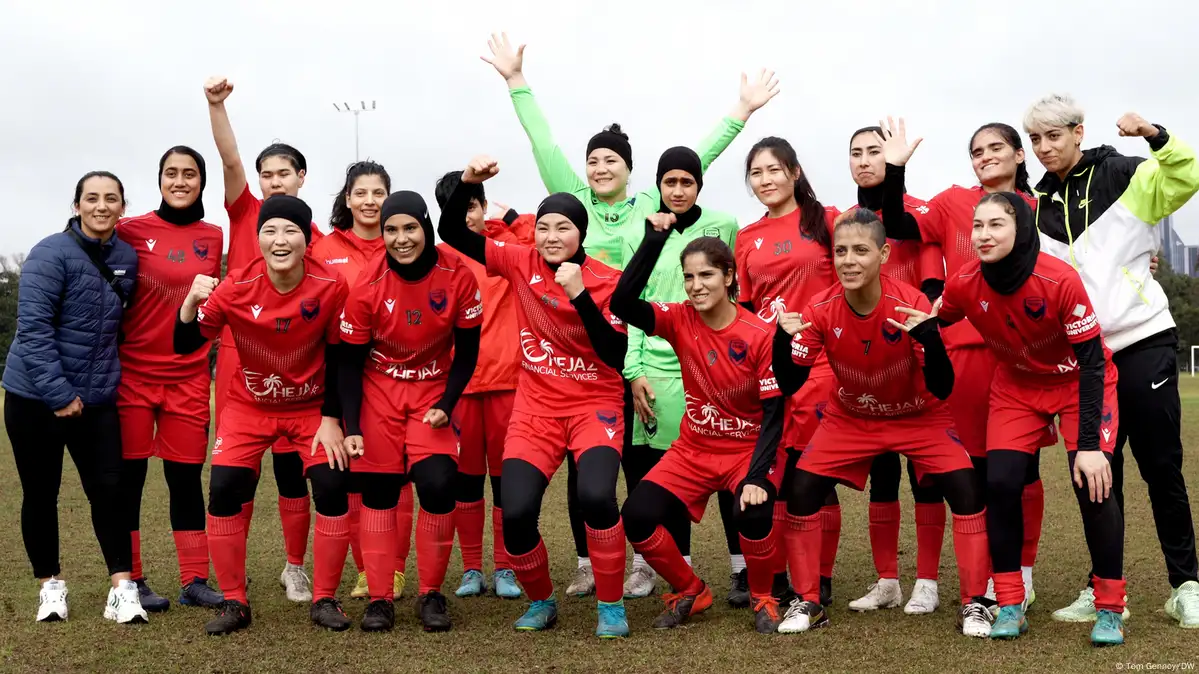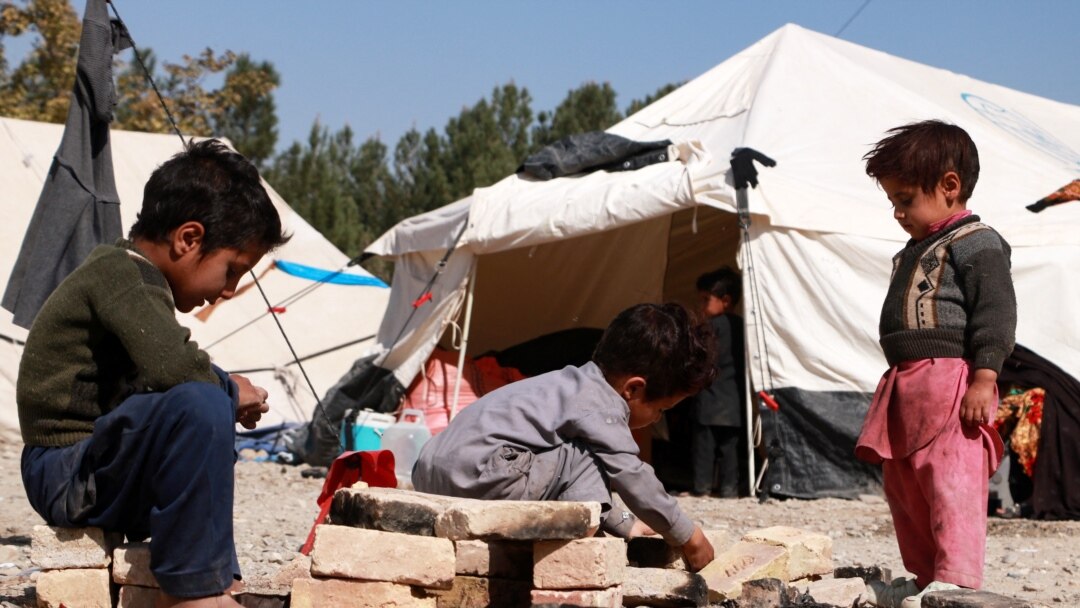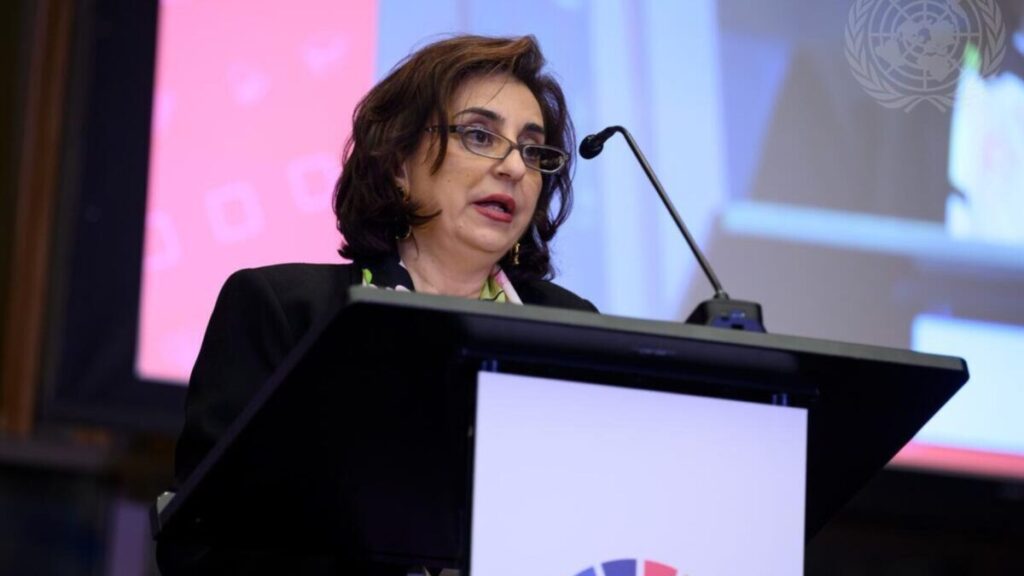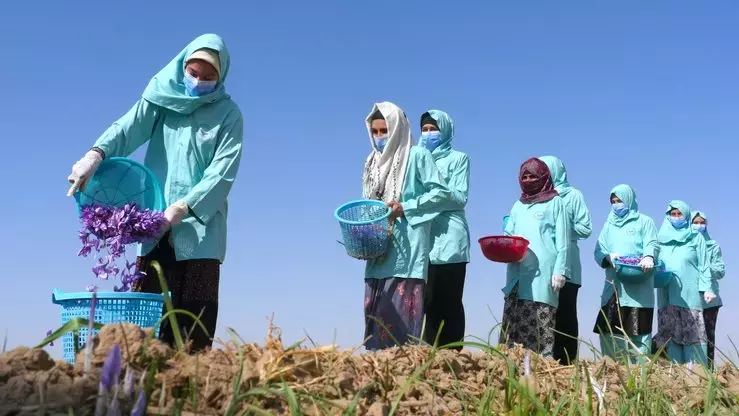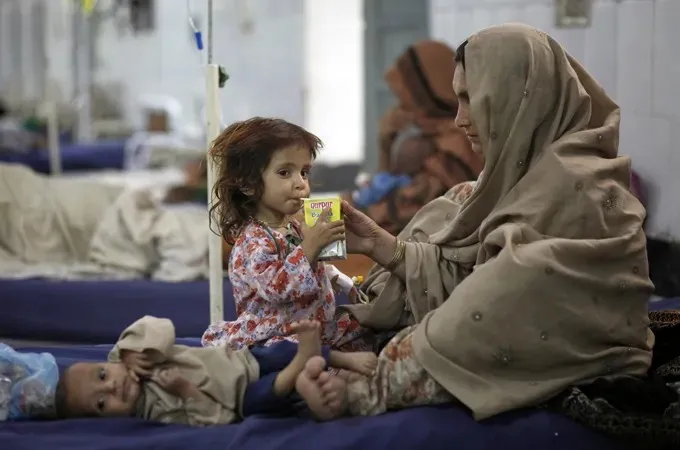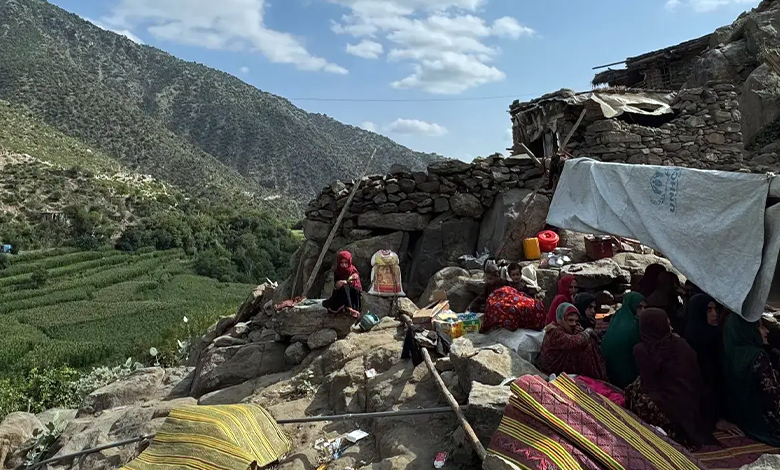
The UN Women has recently announced that it urgently needs 2.5 million USD to expand its emergency response programs for women and girls affected by the earthquake in eastern Afghanistan. In a newly released report, the organization stated that the funding would support a 6- to 12-month project aimed at increasing women’s participation in the response process and improving their access to essential services. The report added: “While the main shocks of the earthquake may have ended, women affected by it will face a prolonged disaster without immediate assistance.” According to the report, the humanitarian assistance plan is being implemented in collaboration with women’s organizations and forms part of the broader Earthquake Response Plan managed by the UN Office for the Coordination of Humanitarian Affairs (OCHA). UN Women further emphasized that as winter approaches, many women and girls still suffer from a lack of shelter, proper clothing, and basic services. The report also noted that since the first earthquake on August 31 in eastern Afghanistan, women have been included in joint assessment teams to identify their urgent needs—such as shelter, clothing, food, cash, health and protection services, including mental health and psychosocial counseling. UN Women warned that many women are still unable to access assistance, as traditional social norms restrict their mobility and access to aid. It added that, in addition to other challenges, the shortage of female aid workers remains one of the major obstacles. It is worth noting that one month ago, an earthquake struck eastern Afghanistan, killing over 2,200 people, injuring 3,640 others, and leaving thousands of families homeless. According to global organizations, women and children suffered the greatest losses in this tragedy. However, according to OCHA, the official figures confirm 1,992 deaths and over 3,600 injuries. The UN Office for the Coordination of Humanitarian Affairs also stated that the assistance received so far amounts to only 23.7 million USD, which is about 115 million USD short of the actual need.

